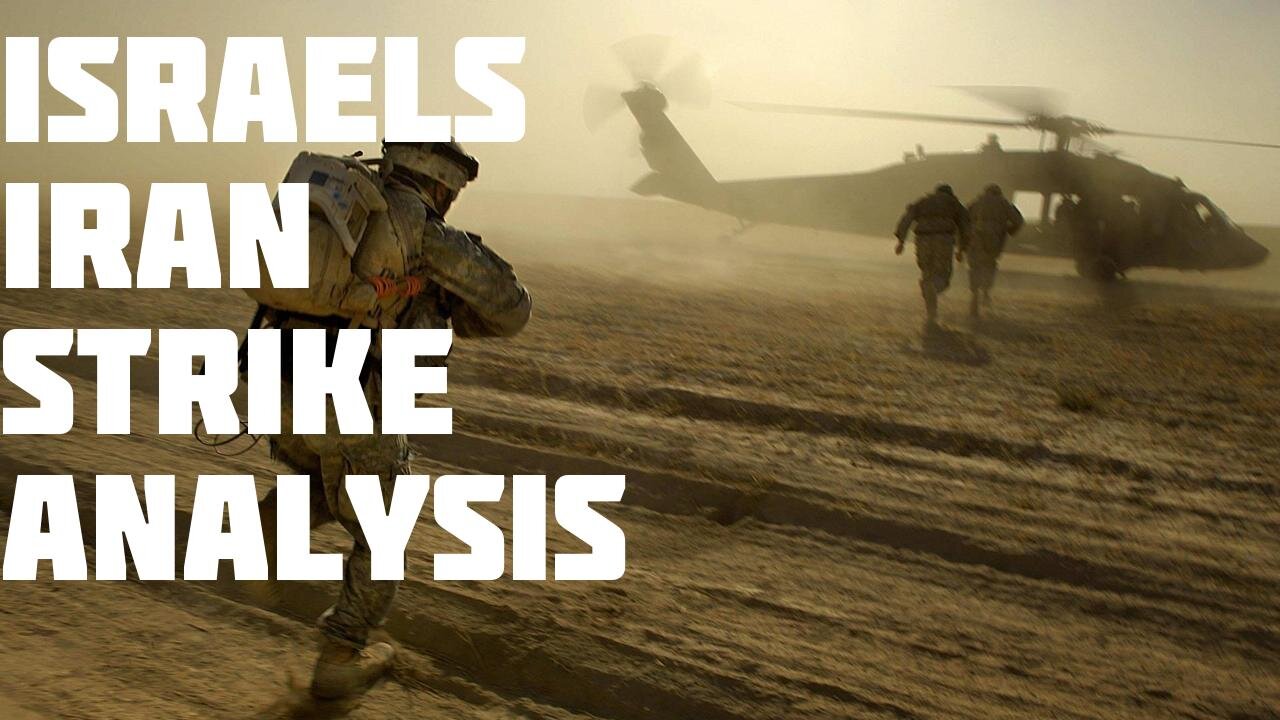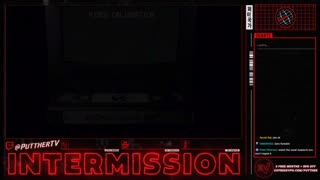Premium Only Content

Israels Iran Strike Analysis
Imagine a high-stakes game of chess, where the fate of nations hangs in the balance. This is the story of Israel's daring strike on Iran's nuclear facilities—a bold move with potential for both devastating consequences and resounding success.
The stage was set for this audacious operation. Think of it like this: Iran's regional allies, groups like Hezbollah and Hamas, were significantly weakened. It was like their chess pieces had been knocked off the board, leaving a clearer path to Iran's nuclear facilities. Israel's air force, a powerful weapon in itself, had also made significant strides. Their long-range capabilities, especially with the F-35I stealth fighter, were like a new, game-changing chess piece—one that could reach deep into enemy territory. The successful destruction of Iran's Russian-made S-300 missile systems further cleared the path, removing a major obstacle. It's as if they'd disabled their opponent's most effective defensive mechanisms. Finally, the political climate in Washington provided an unexpected opening. Cooperation with the US administration—a key ally—created a unique window of opportunity.
This strategic alignment was crucial, like having a skilled partner in your chess match. This window, however, was temporary. Israel knew Iran would eventually rebuild its defenses. The strike had to happen now, or the chance could be lost forever.
But the aftermath was far from assured. The strike, while potentially crippling Iran's nuclear program, might not stop their ambition. Think of it like chopping down a tree: the trunk may be damaged, but the roots remain. Iran's indigenous expertise could enable them to rebuild. Furthermore, the reaction within Iran itself was unpredictable. Would the population rally against the regime, or would it unify in defiance?
Internally, Israel also faced challenges. Political division within the country created uncertainty. Success depended on strong public support, but trust in the government was low. It was like playing chess with your team members constantly questioning your moves.
Ultimately, the decision to strike was a calculated risk. The intelligence had to be sound, the objectives clear, and the potential gains had to outweigh the risks. The window of opportunity, once identified, couldn't be missed. This bold move, fraught with internal challenges, demonstrated Israel's strategic prowess and the need for decisive action in the face of grave threats. The story highlights the importance of strategic partnerships, precise planning, and a willingness to make bold decisions when faced with significant national security challenges. It serves as a testament to the calculated risks nations take to protect their own interests, underscoring the complex and often unpredictable nature of international affairs. The moral of the story? Sometimes, a bold move on the chessboard, though risky, is essential for ultimate victory.
-
 2:28:37
2:28:37
putther
3 hours ago $1.84 earned⭐ Bounty Hunting on GTA⭐
20.8K1 -
 LIVE
LIVE
Total Horse Channel
1 day agoAMHA 2025 9/20
548 watching -
 1:53:15
1:53:15
I_Came_With_Fire_Podcast
15 hours agoThe Satanic Cults Convincing Kids to Commit Violence
52.5K19 -
![Mr & Mrs X - [DS] Created Antifa To Push An Insurgency In This Country - Ep 8](https://1a-1791.com/video/fww1/f9/s8/1/k/f/O/j/kfOjz.0kob-small-Mr-and-Mrs-X-DS-Created-Ant.jpg) 1:02:13
1:02:13
X22 Report
8 hours agoMr & Mrs X - [DS] Created Antifa To Push An Insurgency In This Country - Ep 8
160K56 -
 1:13:24
1:13:24
Wendy Bell Radio
12 hours agoPet Talk With The Pet Doc
58.2K44 -
 1:19:30
1:19:30
Game On!
1 day ago $12.04 earnedCollege Football Week 4 Betting Preview!
168K5 -
 26:04
26:04
Artur Stone Garage
4 days ago $3.20 earned$500 Civic: Will It EVER Drive Without Breaking Down?
47.8K17 -
 31:44
31:44
SouthernbelleReacts
2 days ago $4.58 earned“E.T. Phone Home! 🛸 Emotional Mom Style Reaction to E.T. the Extra-Terrestrial (1982)”
59.6K6 -
 20:10
20:10
JohnXSantos
1 day ago $2.00 earnedI Built a FAKE Luxury Brand With $100 In 7 Days
44.8K4 -
 25:24
25:24
marcushouse
9 hours ago $3.48 earnedStarship Test Trouble… and Block 3 Finally Unveiled! 🤯
44K10